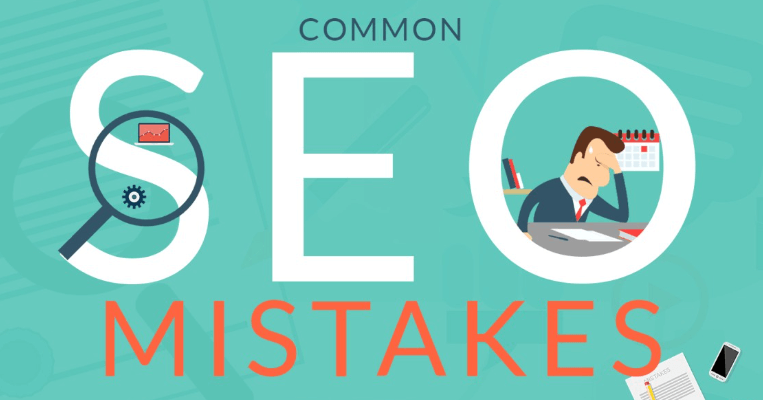Locate and Remove Toxic Content To Avoid Common SEO Mistakes

Search Engine Optimisation (SEO) is the bedrock on which every well-ranking content is built. With adequate SEO efforts, you can increase your website’s organic traffic and improve its visibility. So, if your blog isn’t ranking well on Google even after using hot keywords, it’s most likely because of some common SEO mistakes.
Many website owners make these common errors, so you’re not alone. Not to worry, though. In this guide, we’ll highlight some of the most frequent SEO issues and how removing toxic content from your site can help avert them.
How to Remove Toxic Links From Your Content
- Locate the bad links using effective SEO tools like Google Search Console or Ahrefs.
- Analyse the links using a tool like SEMrush to determine if they are truly toxic and their impact on your site. This will help you determine which links should go from your backlink profile.
- Contact the sites’ webmasters to provide them with the links you want removed. Ensure you’re professional and explain why you want the links removed. Finally, request their link removal and follow up if you don’t get a satisfactory action or response.
- Use Google’s Disavow Links tool to inform Google about the bad links if their webmaster fails to remove them. You can do this by creating a list of all the links and uploading them to the tool. That way, Google’s algorithm will ignore them when reviewing your site.
Common SEO Mistakes to Avoid
Here are frequent SEO mistakes that may hinder your content from ranking high on Google.
Forgetting to Make Your Site Fast
At a time when most sites are optimised for speed, nobody wants to wait more than a few seconds for a site to load. Besides, Google fancies websites with fast load speed. So, one SEO mistake you can’t afford to make if you want your site to rank well on Google or other search engines is having a slow site.
One of the ways to make your site faster is to locate and delete toxic links. For instance, you should delete links from spammy or low-quality sites. Doing so will increase your site’s performance and authority.
Not Using Keywords Properly
Keywords are non-negotiable when trying to rank on Google. However, having keywords in your content isn’t enough. Before and after publishing, the important question to ask is whether you have the right keywords in your piece or on every published page. This is because generic keywords will not help you rank well.
For instance, if you’re just starting a clothing line, your site may not rank well if you have keywords like “Beautiful Female Outfits.” Instead, you should use a more specific long-tail keyword like “Affordable Female Outfits in London.” That way, you can better reach your target audience.
However, avoid keyword stuffing in your written content. Experts at Atlas SEO recommend having four keywords every 1,000 words to maintain a good flow. They also provide various tools for building and managing your online presence.
Not Writing for Your Primary Audience
Another popular mistake people make is writing for Google instead of actual human readers. Usually, we are so focused on ranking high that we tend to forget our primary audience. So, when trying to rank, it’s crucial to create awesome, engaging, and informative content.
This is like a double entendre because Google will assess your site’s pages based on the content you have on them, and you’ll provide readers with the best answers to their questions or queries.
So, focus on your brand voice when creating content and continue providing answers to people. Google will ultimately see you as an expert when you write great, easy-to-read content. Have at least 300 to 500 words long content on your blog, and they’ll rank well.
Not Keeping Readers on Your Site
Great content can engage your readers and boost ranking. However, you should focus on other ways to keep visitors on your site and reduce its bounce rate. When people visit your site and take no action, your bounce rate will be high, and Google will believe the site isn’t helpful.
So, it’s imperative that you keep visitors on your page a bit longer, and one effective way to achieve that is through call-to-actions (CTAs).
Moreover, effective link-building can also keep people on your website. When you include useful internal links and authority backlinks in your content, it will rank better on Google. This is another reason why eliminating toxic links from your site is important. Make sure to carry out regular link audits and consistently monitor your new backlinks to spot bad ones early.
